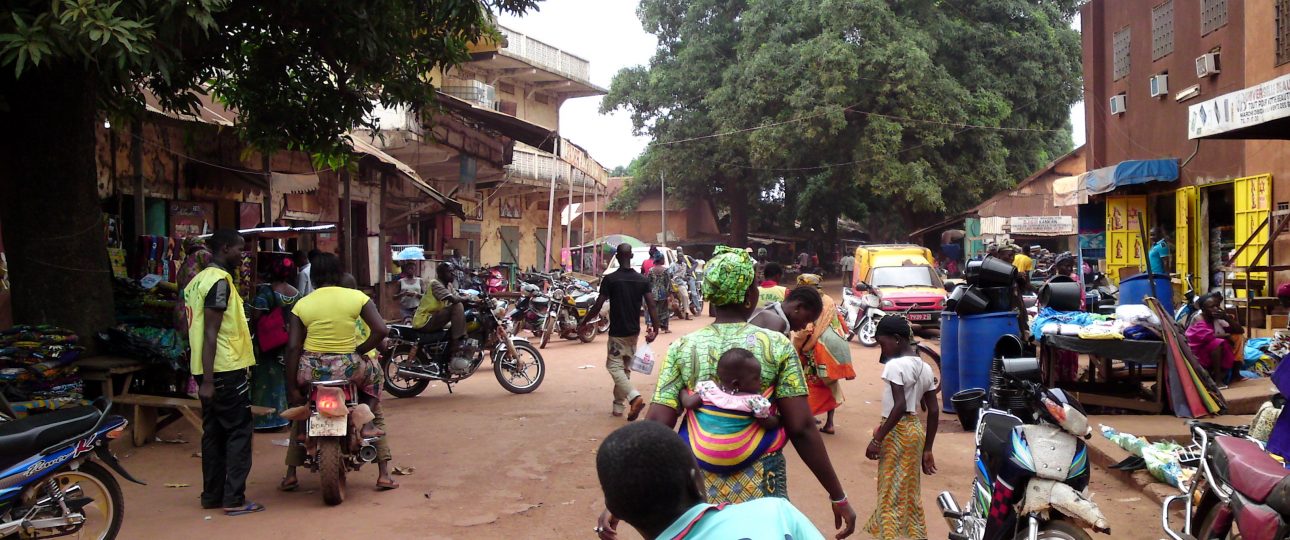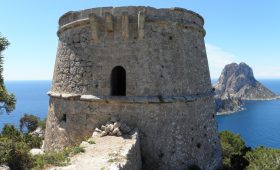Exploring Kankan, Guinea
Kankan, a city with a rich tapestry of history and culture, is located in northeastern Guinea along the Milo River. It offers a unique blend of historical intrigue and vibrant local life. Whether you’re interested in history, culture, or simply exploring new places, Kankan provides a fascinating experience.
Understanding Kankan’s Historical Significance
Kankan’s history dates back to 1690 when it was founded by Daouda Kaba. The city became a significant religious and trade center by the 18th century, linking the coast with the kola nut regions and the Niger River Valley. It was once the capital of the Bate Empire and played a crucial role in regional trade and Islamic scholarship.
In the late 19th century, Kankan was involved in conflicts with the forces of Samori Ture, a prominent West African leader. The city was besieged but later allied with French colonial forces, which led to its capture in 1891. This historical backdrop adds depth to any visit, offering insights into the region’s complex past.
When to Visit Kankan
The best time to visit Kankan is during the dry season, from November to April, when the weather is more predictable and conducive to outdoor activities. The rainy season, from May to October, brings lush landscapes but also muddy roads and occasional downpours, which can make travel challenging.
Getting to Kankan
Traveling to Kankan requires some planning. The nearest international airport is in Conakry, the capital of Guinea. From there, you can take a domestic flight to Kankan or opt for a road trip, which offers a chance to see more of the countryside. While there are no direct rail services, buses and shared taxis are available for overland travel.
Transportation in Kankan
Once in Kankan, getting around is straightforward. Motorcycle taxis, known locally as okada, are a popular and efficient way to navigate the city. For a more comfortable ride, shared taxis or private car hires are also available, offering flexibility and convenience.
Key Attractions in Kankan
1. Kankan Grand Mosque
The Kankan Grand Mosque is a striking example of Islamic architecture. Its intricate designs and towering minarets make it a must-visit for those interested in religious history and architecture. Local guides can provide insights into its historical and cultural significance.
2. Kankan Museum
For a deeper understanding of the region’s history, the Kankan Museum offers a collection of artifacts, traditional costumes, and musical instruments. The museum staff are knowledgeable and eager to share stories about the area’s past, making it a worthwhile stop for history enthusiasts.
3. Local Markets
Kankan’s markets are bustling with activity and offer a sensory feast of colors and aromas. Here, you can sample local delicacies and engage with friendly vendors who are often willing to share recipes and stories. It’s an excellent way to experience the local culture firsthand.
While Kankan may not be the easiest destination to reach, its rich history and vibrant culture make it a rewarding place to explore. Whether you’re drawn by its historical significance or the lively local life, Kankan offers a unique glimpse into Guinea’s diverse heritage.




